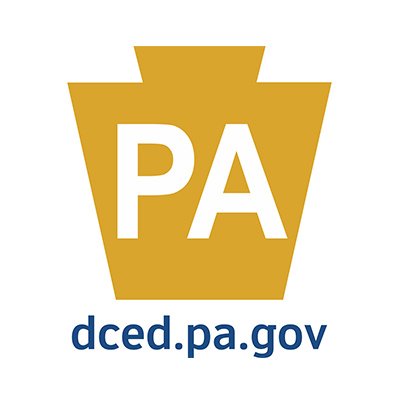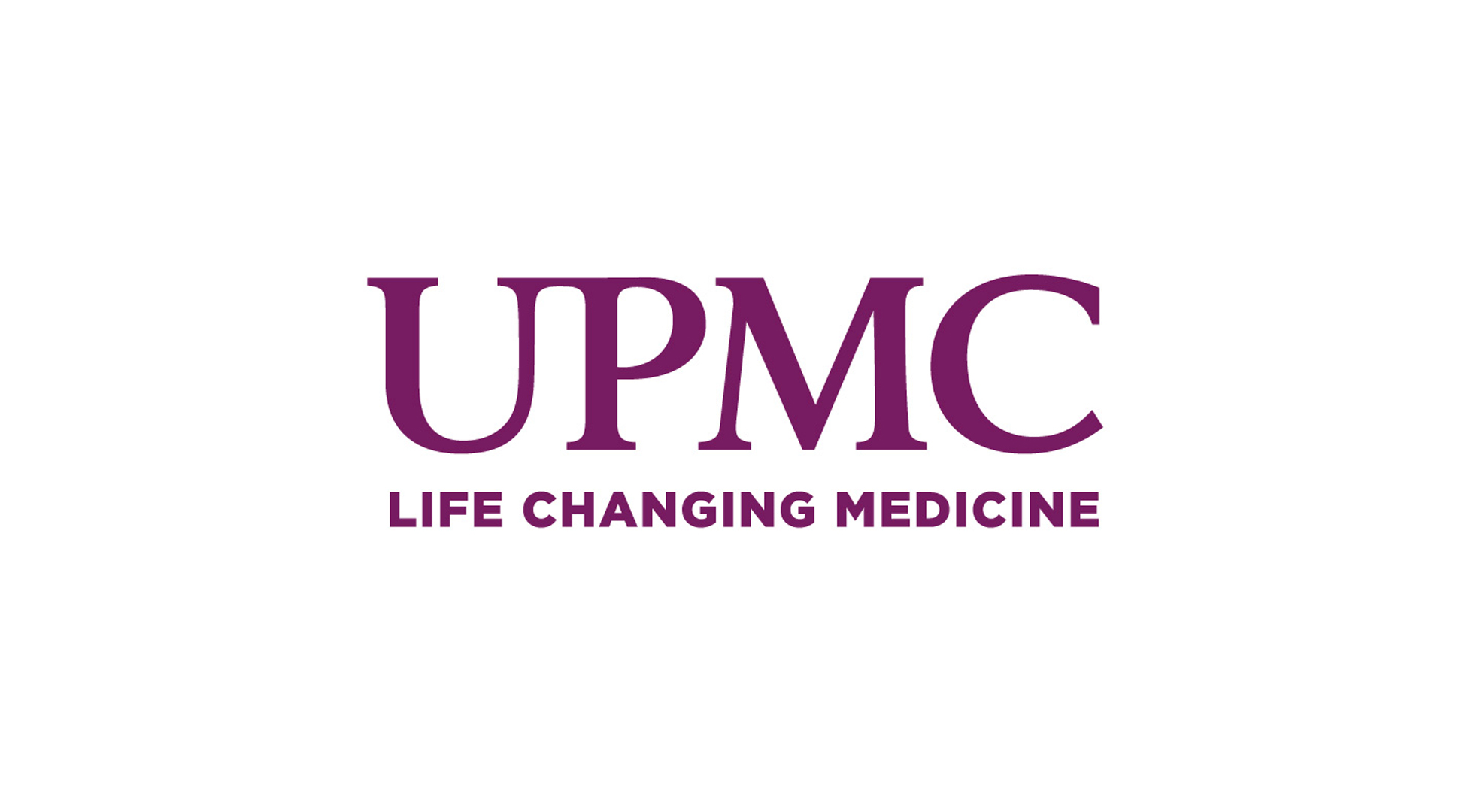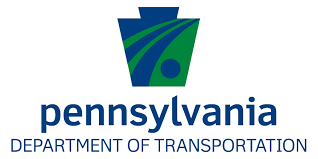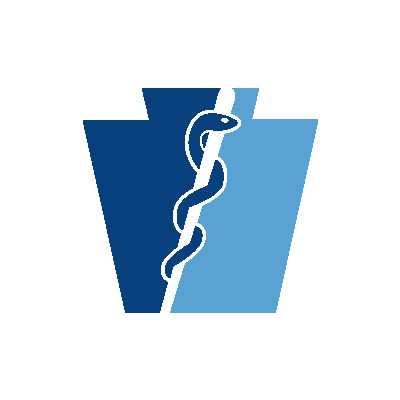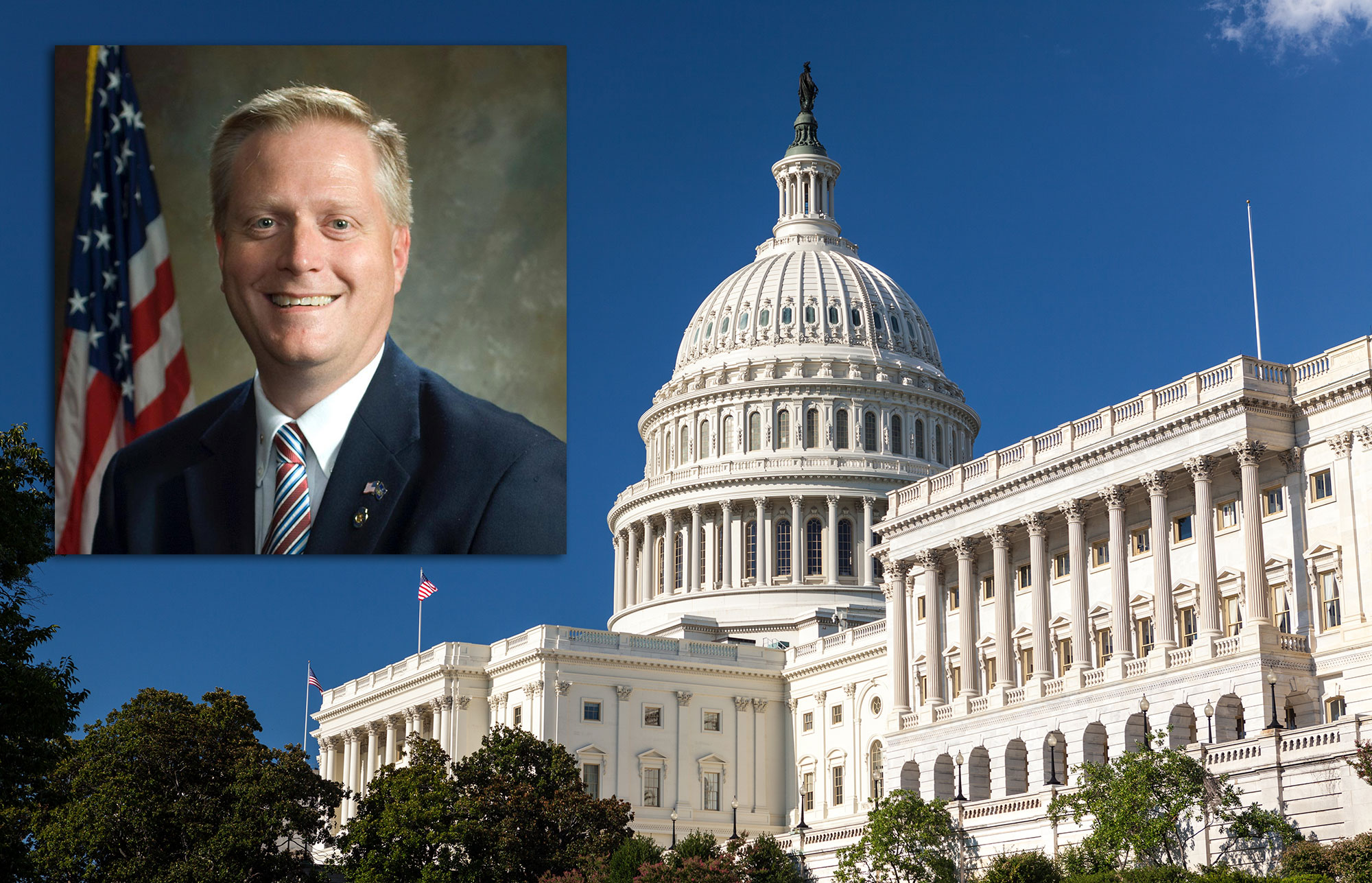Harrisburg, PA – To celebrate the fall season in Pennsylvania, Department of Conservation and Natural Resources (DCNR) experts will be available to serve as regional advisers on fall foliage, offering tips and resources to help residents and visitors experience a colorful autumn in a variety of ways across the commonwealth.
Fall foliage typically peaks for several weeks beginning in October across Pennsylvania. Starting September 24, weekly fall foliage reports can be found online on the DCNR website and will be updated every Thursday. Visitors can get suggestions about the best spots to view fall foliage on the Penn’s Woods Fall Foliage story map and on the Pennsylvania Tourism Office website.
“Throughout the state, our foresters and park personnel look forward to recommending both the best times and locations to glimpse our autumn woodlands in all their splendor,” said DCNR Secretary Cindy Adams Dunn. “With 121 state parks and more than 2.2 million acres of state forestland, Pennsylvanians truly are blessed with an abundance of prime fall-foliage viewing areas.”
While the leaves are the star of the show, Pennsylvania is abounding with great festivals, pick-your-own farms, and unrivaled haunted attractions that make the state the obvious choice for autumn. Each year, Pennsylvania’s nearly 204 million travelers inject more than $43 billion into Pennsylvania’s economy, generate more than $4 billion in tax revenues, and are responsible for more than 500,000 jobs related to or benefitting from tourism.
“Even during these uncertain times of COVID-19, Pennsylvania’s happy travelers can safely enjoy the beauty of our commonwealth’s parks and woodlands,” said Carrie Fischer Lepore, deputy secretary of the Office of Marketing, Tourism and Film in the Pennsylvania Department of Community and Economic Development (DCED). “No matter which corner of the state you’re visiting, our fall foliage offers a breathtaking look at the splendor of Penn’s Woods.”
Regional forestry experts can discuss the chemistry of fall foliage color, as well as the projected outlook for fall foliage in their region of Pennsylvania. State experts include:
Northeast Pennsylvania
Tim Latz, assistant district forester: Pinchot Forest District, Dalton
Northwest Pennsylvania
Cecile Stelter, district forester: Cornplanter State Forest District, Warren
Southeast Pennsylvania
Rick Hartlieb, assistant district forester: William Penn State Forest District, Elverson
Southcentral Pennsylvania
Ryan Reed, natural resource program specialist, Harrisburg
Southwest Pennsylvania
Dave Planinsek, forester: Forbes State Forest District, Laughlintown
Northcentral Pennsylvania
Chris Firestone, wild plant program manager: Tioga State Forest District, Wellsboro
For fall-inspired festivals and experiences, go to visitPA.com or follow Visit PA on Facebook, Instagram, Twitter and Pinterest. Pursue your happiness and join the conversation using the hashtag #FallinPA.



